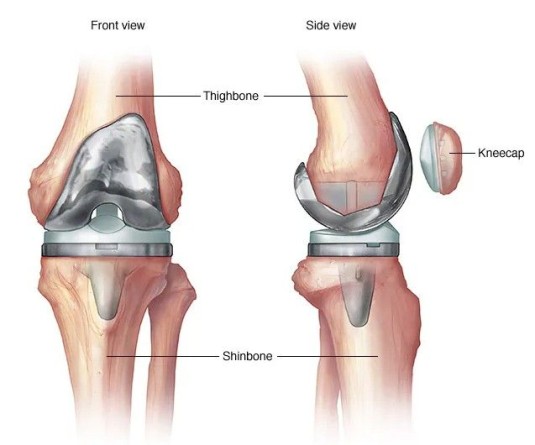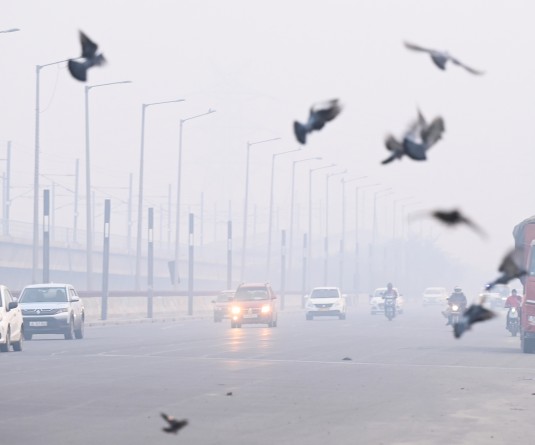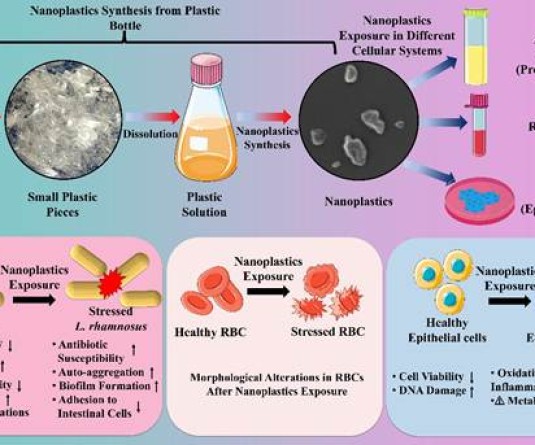IANS Photo

New Delhi, August 20 (IANS) The All India Institute of Medical Sciences (AIIMS) Delhi on Tuesday issued a protocol for handling patients with suspected monkeypox -- a disease that has been declared a public health emergency of international concern by the World Health Organization (WHO).
There is currently no reported case of mpox in India, and the government is continuously monitoring situation. The infectious disease has spread to several countries, including those with no previous exposure.
AIIMS Delhi said the protocol outlines the necessary steps to handle monkeypox cases at its emergency department.
“Upon arrival, patients with fever, rash, or a history of contact with confirmed monkeypox cases should be flagged for immediate assessment,” read the protocol.
The next step is to identify key symptoms like fever, headache, muscle aches, back pain, swollen lymph nodes, chills, exhaustion and characteristic skin lesions (maculopapular rash that may progress to vesicles and pustules).
“Immediately place suspected patients in a designated isolation area to minimise contact with other patients and staff. AB-7 Beds no. 33, 34, 35, 36, and 37 has been earmarked to isolate the monkeypox patients,” according to the AIIMS Delhi advisory.
These beds will be allotted to the monkeypox patients on the recommendation of the Emergency CMO and treated by the medicine department.
“AB-7 shall remain a temporary holding area for the patient till he/she is shifted to the hospital earmarked for the definitive care (Safdarjung Hospital),” said AIIMS.
Once a suspected case is identified, "inform the officials of Integrated Disease Surveillance Programme (IDSP) about the patient's details, brief history, clinical findings and contact details", it added.
Safdarjung Hospital has been designated for managing and treating mpox patients. Accordingly, any patient suspected of having monkeypox should be referred to Safdarjung Hospital for further evaluation and treatment.
All patients should be handled with strict infection control measures. Staff should use personal protective equipment (PPE) when dealing with suspected cases. Proper documentation of the patient's details, symptoms, and referral process should be maintained, according to AIIMS Delhi.
Mpox is a viral disease that causes fevers, headaches, and muscle aches, as well as painful boils on the skin.
It spreads from person to person through close, skin-to-skin contact. A severe strain of the mpox virus, previously causing panic in the Democratic Republic of Congo, is now spreading rapidly through Kenya and several other African nations, prompting serious concern among health authorities.






